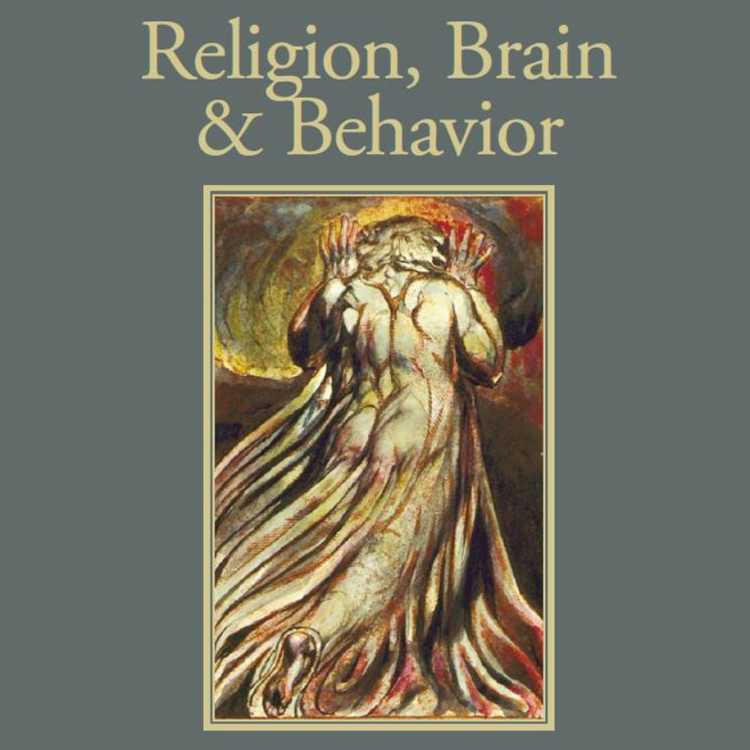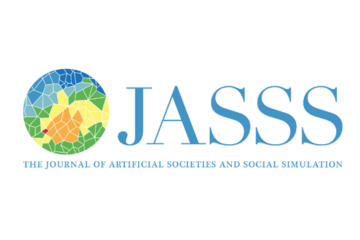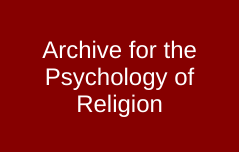F. LeRon Shults, Wesley J. Wildman, Monica Duffy Toft, Antje Danielson
WSC ’21: Proceedings of the Winter Simulation Conference

Abstract: Computational approaches to climate modeling have advanced rapidly in recent years, as have the tools and techniques associated with the construction of artificial life, artificial societies, and social simulation experiments. However, the use of computer simulation to study the effects of climate change on human conflict and cooperation is still relatively rare. In this article, we consider some of the challenges and opportunities that face interdisciplinary teams seeking to develop models that incorporate human, ecological, and natural systems. There is an urgency to this task because climate-abetted socio-economic and inter-cultural stress can trigger conflict at all scales, which exacerbates human suffering. We argue that the interdisciplinary community of scholars with expertise in multi-agent artificial intelligence simulation and artificial life modeling have a unique opportunity to collaborate and address these challenges by attempting to develop artificial societies capable of uncovering adaptive pathways that can minimize social conflict and maximize cooperation in the face of climate-abetted social and ecological change.



